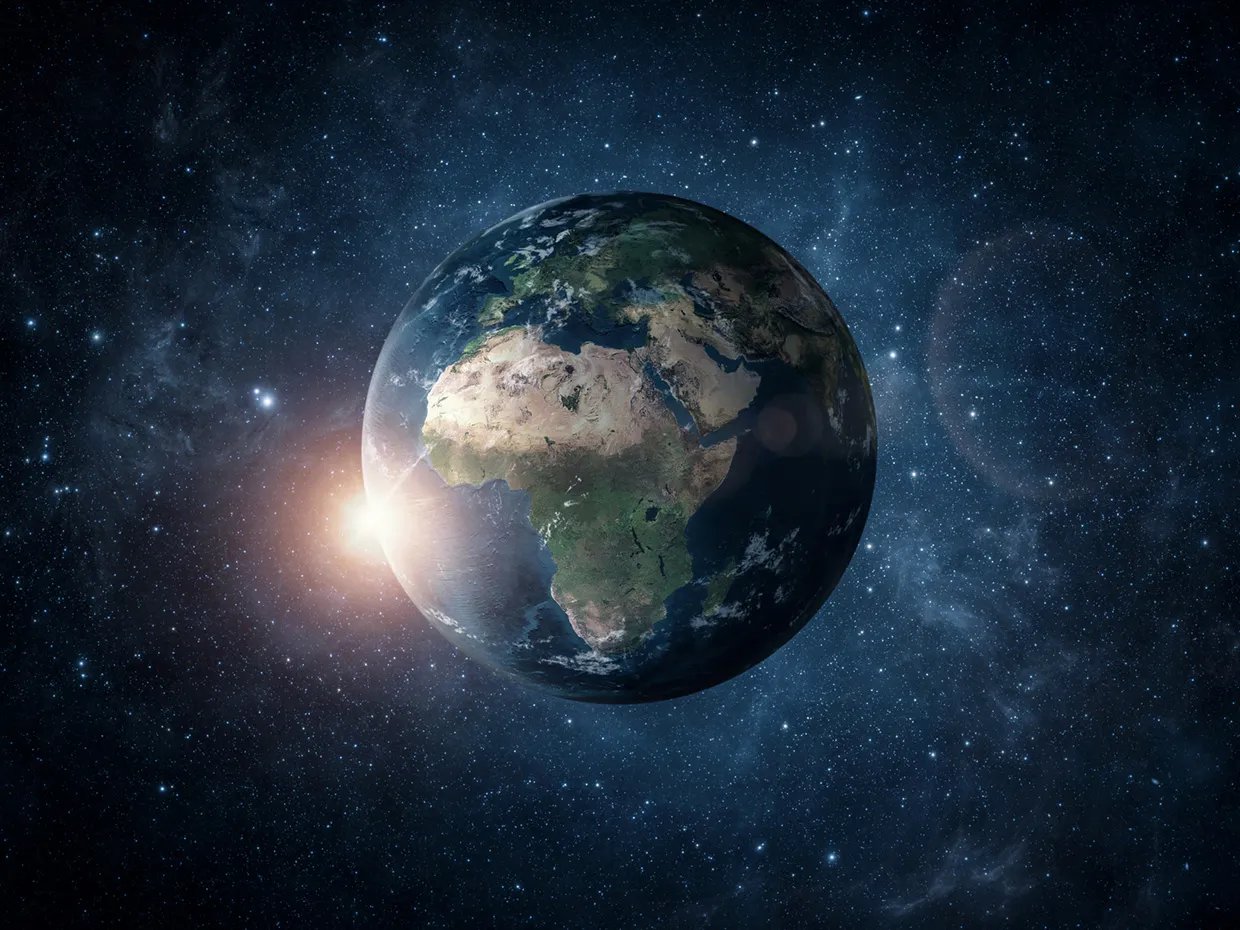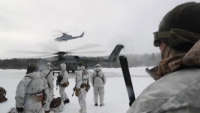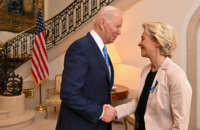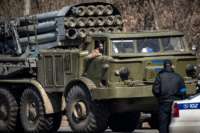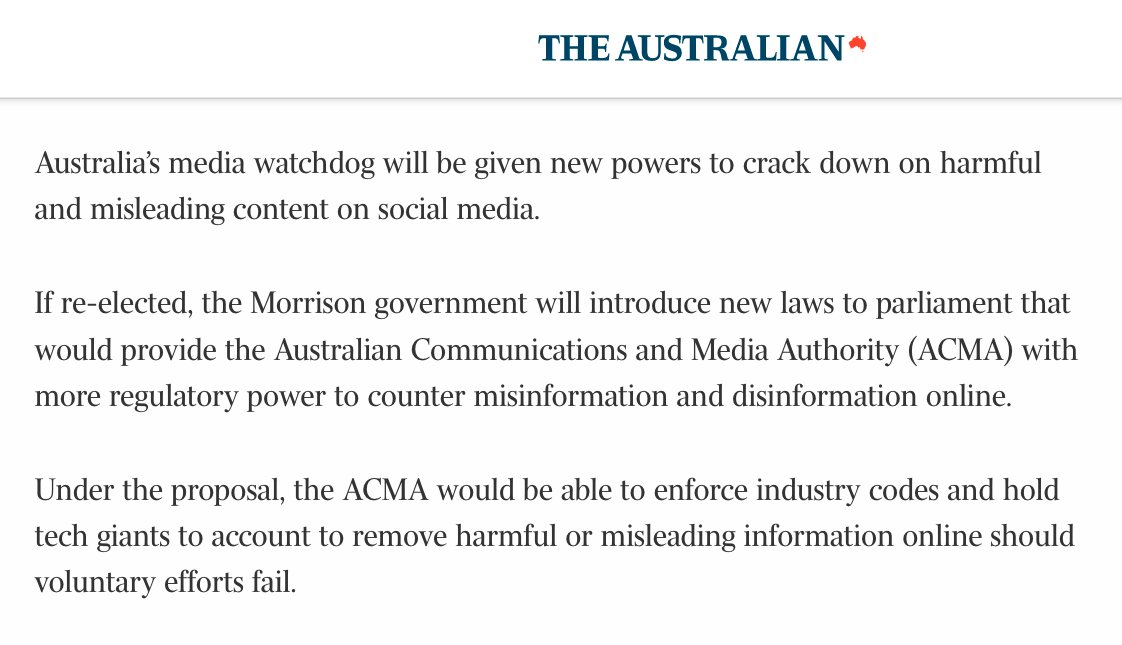Janine Jackson interviewed Michigan State’s Shireen Al-Adeimi about Yemen and the Ukraine crisis for the March 18, 2022, episode of CounterSpin. This is a lightly edited transcript.
CounterSpin220318Al-Adeimi.mp3
Janine Jackson: It’s encouraging to see widespread recognition of the double standards of concern from media and politicians that we see reflected in the earnest attention to Ukraine, as compared to that devoted to other areas of crisis—like Yemen, seven years now under a Saudi-led war and blockade, enabled by weapons and technical assistance from the United States and others, that’s leaving hundreds of thousands of people in hunger and need.
While we’re using that critical lens, we can also see that it’s only media framing, and its social media echoes, that insist that you quantify your compassion in the first place. And they’re mainly interested in how your concern shows up as consuming more media.
So while acknowledgement of official double standards and hypocrisy is welcome, the point is lost if you come away seeing Yemen as a rhetorical device, rather than a country of 30 million people enduring a protracted cataclysm—in which this country, the United States, is playing a central role.
Here to talk about Yemen in its own right is Shireen Al-Adeimi. She’s assistant professor of education at Michigan State University, and has been working for years to raise awareness on Yemen and human rights. She joins us now by phone from Lansing. Welcome back to CounterSpin, Shireen Al-Adeimi.
Shireen Al-Adeimi: Thanks so much for having me back, Janine.
JJ: We’ve seen the cold facts. Yemen war deaths, we’re told, will reach 377,000 by the end of the year, the UN says. The UN’s described it for years as the world’s worst humanitarian disaster. It’s difficult to convey or to get your mind around a place where a child is dying of starvation every 75 seconds. So first, we just sit with that.
But I wanted to actually start with where we’ve left off in our previous conversations, which is that when people see the suffering in Yemen, the message is not, “Please come and intervene and save us.” That’s not what people are asking for.
SA: Yeah, actually, the numbers that you mentioned, those were 377,000 deaths at the end of last year, 2021. So these deaths have just been mounting ever since. And even that number, I’m afraid, is a large underestimate, really, of the humanitarian toll, and the loss that Yemenis have experienced and have continued to experience for the last seven years.
But, absolutely, the ask here is not, “Oh, look at us, come save us from this big bad person, the Saudi Arabians and the UAE.” The ask here is to stop US intervention, to stop piling on to the invasion, the bombing, the starvation, this incredibly devastating war, an onslaught that Yemenis have undergone over the past seven years.
And it’s just mind-boggling to me that that simple ask, really, to just pay attention to what our own government is doing in Yemen, and to call for an end to that, is somehow less worthy of attention then calls to, in fact, save us and give us money, right.
I think it’s great that people are paying attention to the humanitarian crisis in Ukraine. We should never support invasions or attacks on sovereignty. And yet, it seems that the attention to that conflict, even though it’s much more demanding, I guess, seems to be more easily given than the conflict in Yemen, where Yemenis are asking the US to stop intervening in this conflict and making things worse.
JJ: Biden came into office saying that the war on Yemen has to end. You had some questions about that early on, and I wonder how those have borne out. What sense do you make of the White House’s actions, not words but actions, on Yemen?
SA: This is the problem with the Biden administration, is when we had Trump in power, his actions were very much aligned with his words. And so he was saying that he wanted to continue bombing Yemen because it was great money for the US, because the Saudis paid in cash, right? It was a big business deal for the US to continue to support the Saudi Arabian military and the UAE military in Yemen.
But with Biden, even though this war began under the Obama/Biden administration, there was a lot of talk on his campaign trail to end the war. Like he said, “This war must end,” “I will stop selling weapons,” “I will make them the pariah that they are,” “They’re going and killing innocent women and children.” And these are quotes from his presidential debate in 2019.
And then his first foreign policy speech in February of 2021 was that he was going to put an end to this war. And he introduced this dichotomy that didn’t exist before, which is that he’s going to end “offensive operations,” and that he was going to review relevant arms sales.
And that’s what Sarah Lazare and I in In These Times picked up on on the same day that he made the announcement on February 4, 2021, questioning what this means and whether he’s just introduced these loopholes to continue, in fact, supporting the Saudi-led coalition, but instead calling it defensive instead of offensive.
And I’m sad to say that this is exactly what has panned out. The actions of the Biden administration are really no different than the actions of the Trump administration or the Obama administration. They continue to support the Saudi-led coalition. They continue to support with weapons and logistics and intelligence, but they’re just calling it defensive now, even though it makes absolutely no sense, and there have been no clarifications provided to Congress when they’ve asked. But it gives them this plausible deniability, I suppose, to say: “Well, we’re not actually involved in Yemen anymore. We’re just helping for defensive purposes.”
JJ: Right. Well, it’s interesting even to rhetorically gesture; to say, “I’m going to move to end the war in Yemen” suggests US centrality, suggests a US role there, which in terms of news media is not always acknowledged. It’s always a “Saudi-led war,” a “Saudi-perpetrated war.” And it’s not that the US role is denied completely, but the fact that a president can say, “I’m going to move to end this war” shows that he could do something to end the war. I’m not sure that media really always placed the US in that way. We’re seen as, not bystanders, but helping in some way or the other, but not as central as in fact we are. You wouldn’t think that the US had the power, actually, to end the war.

Shireen Al-Adeimi: “Every step of the way, the US is helping and facilitating and enabling this coalition to continue bombing Yemen.”
SA: Absolutely. I mean, that statement is an admission of how involved the US is in this war. I just have to lay it out to the audience, in case they’re not aware: The Saudi and the UAE military, they are completely incompetent and entirely dependent on US support. And what I mean by that is they rely on US contracts with their militaries and air forces to train their pilots, to train their soldiers, to provide logistical support.
Up until 2018, which was during the Trump administration, late 2018, the US was providing mid-air refueling to Saudi and Emirati jets. We supply them with all of their weaponry, because they don’t manufacture anything, and they import everything that they have from mostly the US, about 70% from the US, but then also countries like the UK, Canada and other Western countries—not from Russia and China, because those weapon systems are different. They rely on Western governments to supply them with arms. Then there’s the intelligence sharing, and there’s support in the command room, choosing targets for them.
So every step of the way, the pilot who was flying a US-made plane has been trained by US personnel; his plane, after he dropped US bombs, ends up getting serviced, continues to get serviced, by US personnel. Spare parts are provided by the US. Those targets were chosen with the support of the US. So every step of the way, the US is helping and facilitating and enabling this coalition to continue bombing Yemen.
And then, of course, we’re not even talking about things like diplomatic cover at the UN and support for the blockade and things like that. And so, without the US, this war really can’t go on, and at least can’t go on in the way that it has been for the last several years, not to this extent. It couldn’t cause as much damage to the Yemeni people without US support.
And then, diplomatically, Biden can pick up the phone and speak to congresspeople who understand this; Biden can call up the Saudi crown prince and just say, “Listen, you need to end this war,” and the war will end, because the US has such leverage with the Saudis and the Emiratis.
But the fact of the matter is that the US is really a party to the war, and they don’t want to end this war because they are a party to the war. They’re engaged in hostilities. And yet they’ve enjoyed this PR campaign, essentially, of it being called “the Saudi-led coalition” and not “the US-led war in Yemen.”
JJ: Let me just ask you, finally, your work is about how people learn. And that brings us, I think, to news media in a way. And I think there’s an issue with just topic segregation. In other words, you can pick up a paper and see an empathetic story about Yemeni children, for example, about suffering. And then on a different page in the paper, you can find a story about MBS and how he’s a down-to-earth guy who loves dogs, about the Saudi leader. So there’s a separation in news media from things that might tug at heartstrings, might make you feel empathy, and then things that seem actionable, things that seem like something you can do.
I know that the attention that the war on Ukraine is giving to Yemen is kind of backhanded attention, but that doesn’t mean we can’t use the spotlight when we have it. And so what can people be for right now? What are places to push, for listeners to do, at this moment, who are concerned about the US actions in Yemen?
SA: And you know, I don’t blame the average person for feeling a certain way about Ukraine and not having that same empathy for Yemen, because, like you said, the media really manipulates the way we understand issues, and it decontextualizes so much of this stuff. And so somebody might be looking at this and not understanding that we are Putin in this case—we are, the Saudis are, like Putin, we are the aggressor, the US is the aggressor in this case, we are the people who are causing the starvation—because it’s so decontextualized. But we can walk and chew gum at the same time; we can pay attention to what’s going on in Ukraine and also not stall on our action toward Yemen, especially because, in this case, it’s not about different people fighting a war that we’re not involved in. We are central to the war, like we’ve discussed.
And so, right now, there’s some movements in Congress. It’s been really difficult to get Democrats energized in the same way that they were energized during the Trump administration, because I think they were giving President Biden the benefit of the doubt, but they understand now that the US is just as involved as they were before.
And there is a push by representatives Jayapal and DeFazio to introduce another war powers resolution. It wouldn’t end weapons sales, but it would force Biden to end US support for the war in Yemen. And I’m disappointed that it’s not getting as much attention, because, again, it seems like Ukraine is taking up a lot more attention. Again, we can pay attention to these things equally, given our role especially.
But I would love for listeners to call their representatives and urge them to support the Yemen War Powers Resolution, to come on as cosponsors when the bill is introduced, to really make these public statements of support for an end to the US war in Yemen, to understand that this is our responsibility, as citizens of the US, to continue to push our elected officials, to demand, really, from them to take a stance on this humanitarian crisis that continues to be a stain on US history,
JJ: We’ve been speaking with Shireen Al-Adeimi, assistant professor of education at Michigan State University. You can find her writing on Yemen and other issues, among other places, at InTheseTimes.org. Shireen Al-Adeimi, thank you so much for joining us this week on CounterSpin.
SA: Thanks for having me, Janine.
The post ‘Just Pay Attention to What Our Own Government Is Doing in Yemen’ appeared first on FAIR.
This post was originally published on FAIR.
